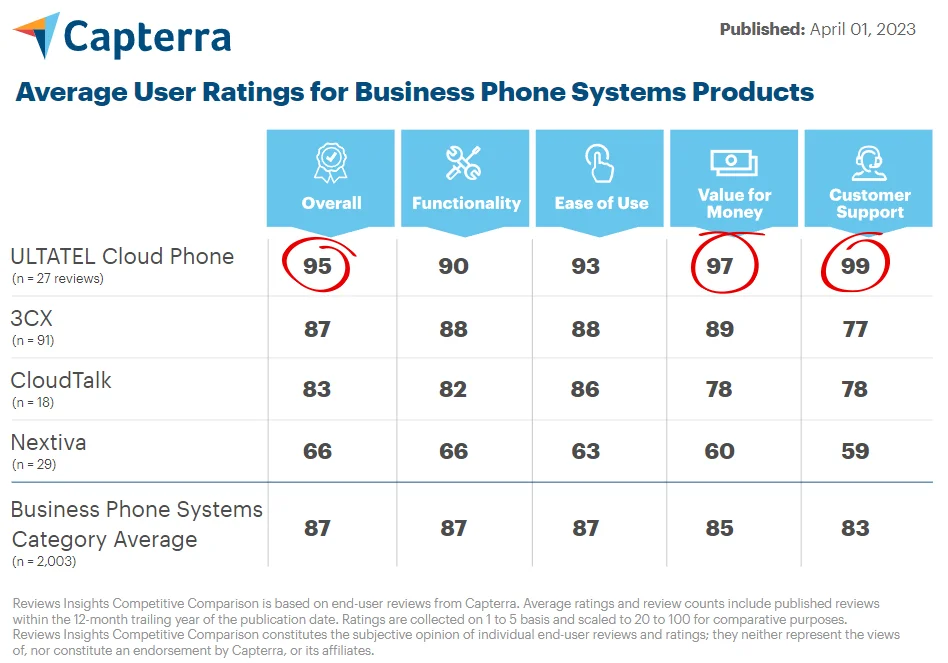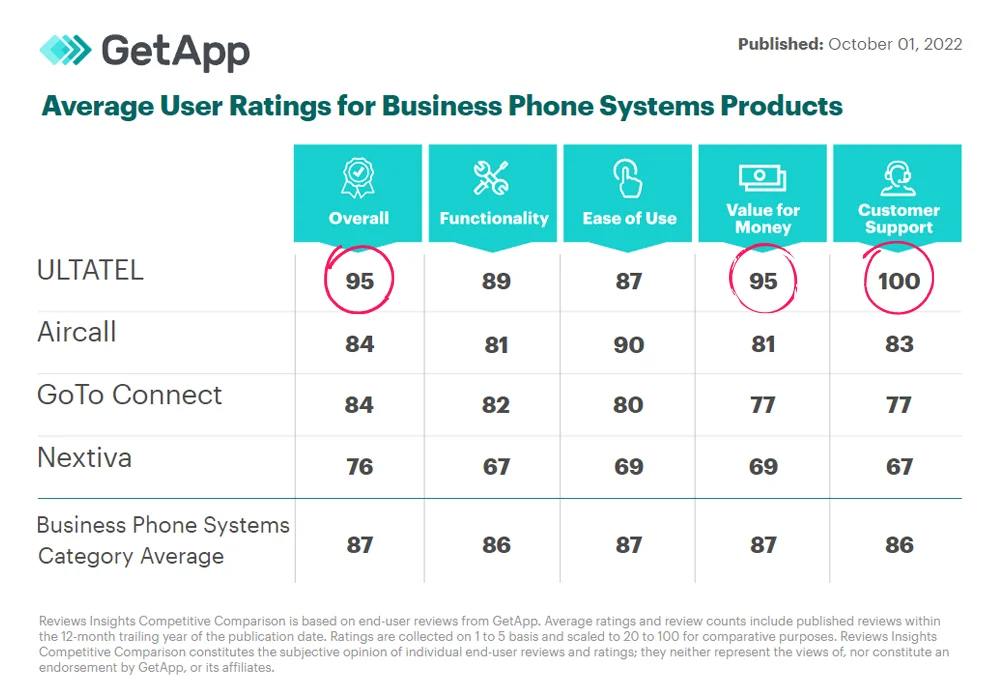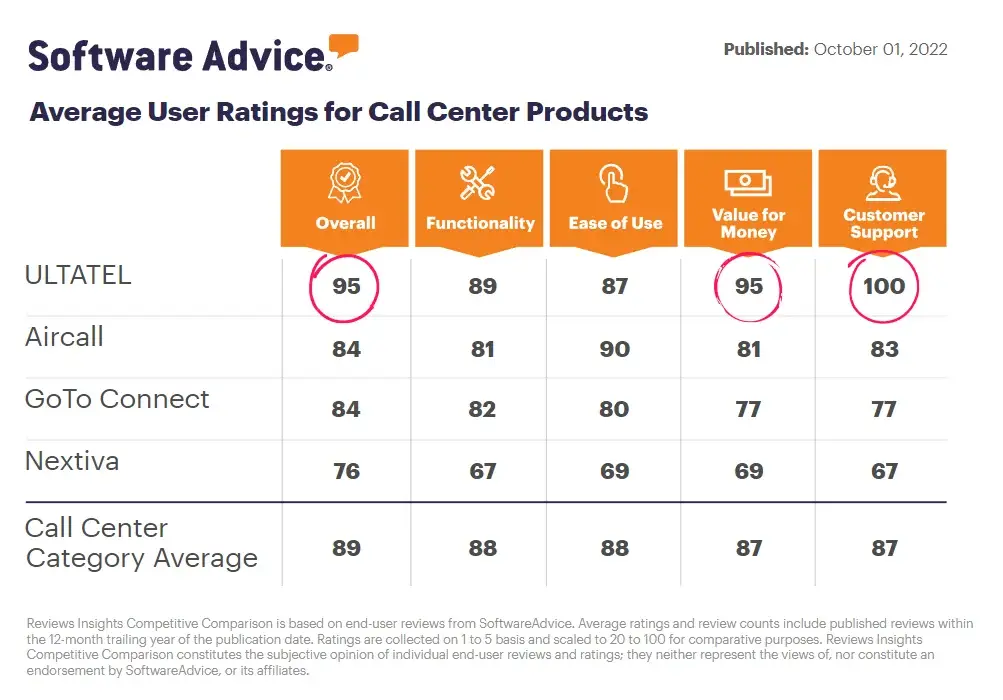What Is a Virtual Private Network?
A virtual private network (VPN) is a private network that is built on top of a public infrastructure. VPNs use tunneling protocols to encrypt and encapsulate data traffic within the public network. This allows organizations to securely connect remote users and sites to their internal network.
VPNs are often used by organizations to allow remote workers to securely connect to the organization’s network. This allows organizations to extend their private network across a public network, such as the Internet. VPNs can also be used to provide secure access to resources on a private network, such as file servers or printers.
How Does a Virtual Private Network Work?
A VPN works by encrypting data traffic and routing it through a tunnel. The tunnel is created by the VPN server and extends between the VPN client and the VPN server.
The VPN client encrypts data traffic with a VPN client software before sending it through the tunnel. The VPN server decrypts the data traffic and routes it to the intended destination.
The VPN client software creates a secure tunnel between the VPN client and the VPN server. The VPN server uses a tunneling protocol to encrypt and encapsulate data traffic within the tunnel.
What Are the Benefits of Using a VPN?
There are many benefits of using a VPN. VPNs can provide secure and private access to resources on a public network. VPNs can also be used to extend a private network across a public network.
Making use of a VPN can also provide a secure way for organizations to allow remote workers to connect to their network from anywhere in the world without risking a breach.
What Are the Drawbacks of Using a VPN?
There are some drawbacks to using a VPN. For example, VPNs can be slow due to the extra layer of encryption, which means that the upload and download speeds can be affected.
Additionally, if a VPN connection is not properly configured, it can lead to security vulnerabilities. It is important to note that a VPN is not a replacement for a firewall. And as a result of that – a VPN should be used in addition to a firewall to provide an extra layer of security.











